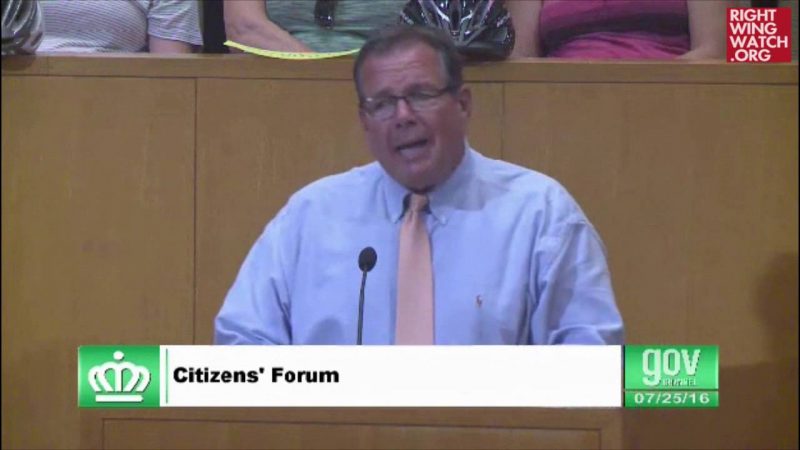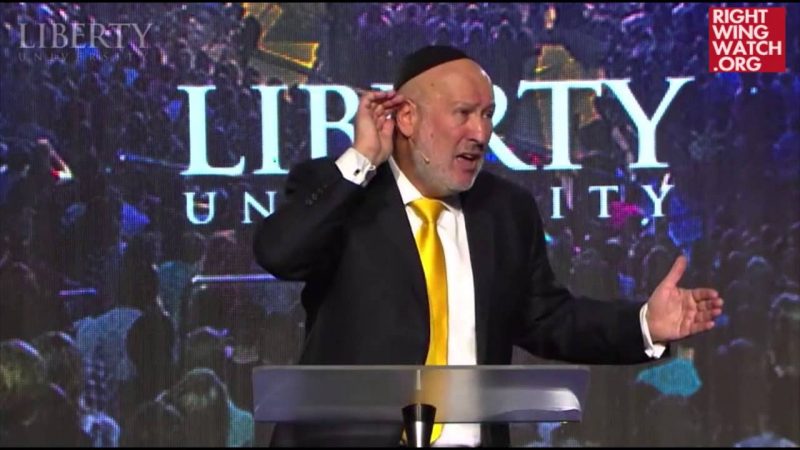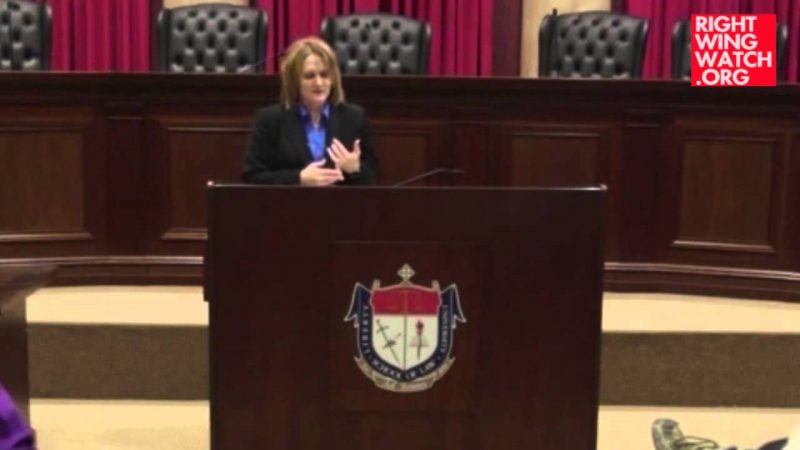Over the last few weeks, we been tracking Liberty University’s attempts to pressure the Lynchburg City Council to do its bidding by demanding that it move the polling place right onto campus for the benefit of LU students and by urging council members to quickly change LU’s zoning status, which it asserts is stifling the school’s growth, before the election early next month, going so far as to secretly record a conversation LU leaders had with city officials.
Through it all, LU has been engaged in a massive voter registration drive of students and been making it quite clear that they are expected to vote in the upcoming city council election (undoubtedly for candidates who will do LU ‘s bidding on the board):
Thanks to Liberty University’s aggressive get-out-the-vote efforts, this spring marks the first City Council election in Lynchburg history where college students could emerge as a major voting bloc … The biggest concern among those students: how restrictions on LU’s growth will affect student tuition. LU officials argue that the city’s conditional use permit process, which applies to all Lynchburg-area colleges, will place an undue financial burden on Liberty as the school grows, and may result in higher tuition for students.
It’s a deciding factor of Andrew Neber, a sophomore from Wilmington, Del., who plans to vote for Mayor Joan Foster and LU student Brent Robertson in the City Council race for three at-large seats. (He is undecided about the third).
“We should be allowed to grow past 12,000 students rather than spend $8 million on improvements that are not really necessary,” Neber said.
“I love this school, and I love the city of Lynchburg … I think that it’d be pretty awesome if we (LU) could achieve that goal of reaching 25,000 students. It’s one that I think would benefit the entire city and can only bring good things.”
On campus, the City Council race has dominated the news pages of the student newspaper and has been a recurring topic at LU’s thrice-a-week morning convocation.
In late March, Liberty launched a two-day voter registration drive that resulted in several hundred new on-campus voters, pushing the total number of registered voters with a campus address to more than 4,250.
The city will have to wait for Election Day to see if Liberty University students will play a deciding factor in the outcome. Either way, candidates are treating them as a voting constituency that must be taken seriously.
Citywide, Lynchburg has 48,522 registered voters, which means that nearly 10% of all registered voters in Lynchburg are Liberty U students … and that is not even LU students with an off-campus address.
As LU representatives have already made clear, the school is fully prepared to use their voting power to replace city council members who will not do their bidding:
McRorie says resolving LU’s rezoning before the election could relieve some of the pressure on a divisive issue.
When asked if the representatives on council don’t vote in favor of this rezoning, the voters in the Liberty community will effectively vote them out of council, McRorie responded, “I think that’s a distinct possibility, I think one could draw that conclusion.”








